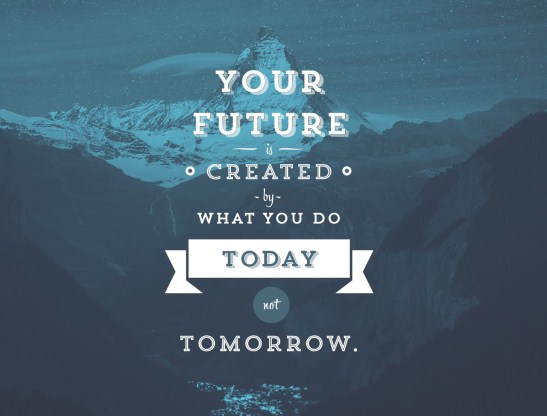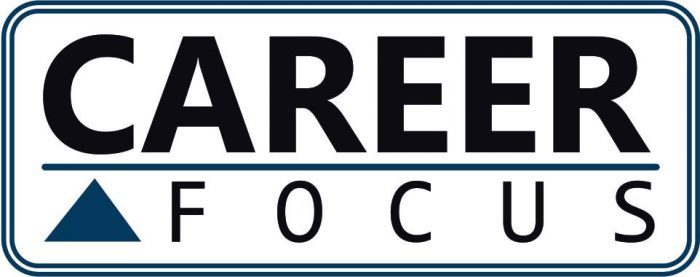In the past, when you completed school you got hired by one of the large corporations, and mostly stayed with them until retirement. However, the 21st century workplace is a more dynamic one. There are constant changes every day. This has affected how corporate do business. The employee, after being hired, is expected to develop and learn at own time using own resources. Moreover, they have to deliver outstanding results to keep employed. This calls for different career development approaches for anyone who wants to survive today’s workplace.
- Know Yourself
This is perhaps one of the things that will make you thrive in today’s workplace. This strategy touches on realizing your weaknesses and strengths. This will not only help you in identifying the careers that you could veer to but also on turning your weaknesses to strengths. Many people, whether students, already in careers or looking for jobs have some difficulty in this. This is why a career development Sydney specialist comes in handy. A career specialist will work with you to identify your particular strengths and weakness through face to face meetings and various tests and assessments.
- Set career goals and objectives
You only get to where you want to go if you know where you are heading. Even in careers, you need to know where you want to be. This makes it easier for you in career identification and also recognizing opportunities for growth. Your goals and objectives will also help you identify the best places to work. If your career path for example requires a certain skills set, then you will head to the employment where you will learn these skills even though the salary is not sufficient. It is all about looking at the short and long term goals.
- Identify your passion
For many people, employment is a means to pay the bills. Few people do something that they actually love doing. Those are the ones that really make it at work. This is because to them a job ceases to be a job and becomes a hobby. If you have challenges identifying your passion, it is important to talk to a career development Sydney psychologist. This is a person who through interviews, observations and tests will help you identify things that you are passionate about. As a student, a teacher well known to you can also help with this based on your out of class activities. It is however still important to talk to a career coach on the same.
A student almost getting to the job market, a person re-entering the work force after a break or a seasoned employee looking to develop and grow at work, a career development Sydney specialist such as Career Focus will hold your hand. The specialist will not help with accountability but also help you look at things in a different perspective which go a long way in your career development. So call today for logical career adviser & more information on here http://focusyourcareer.com.au/

